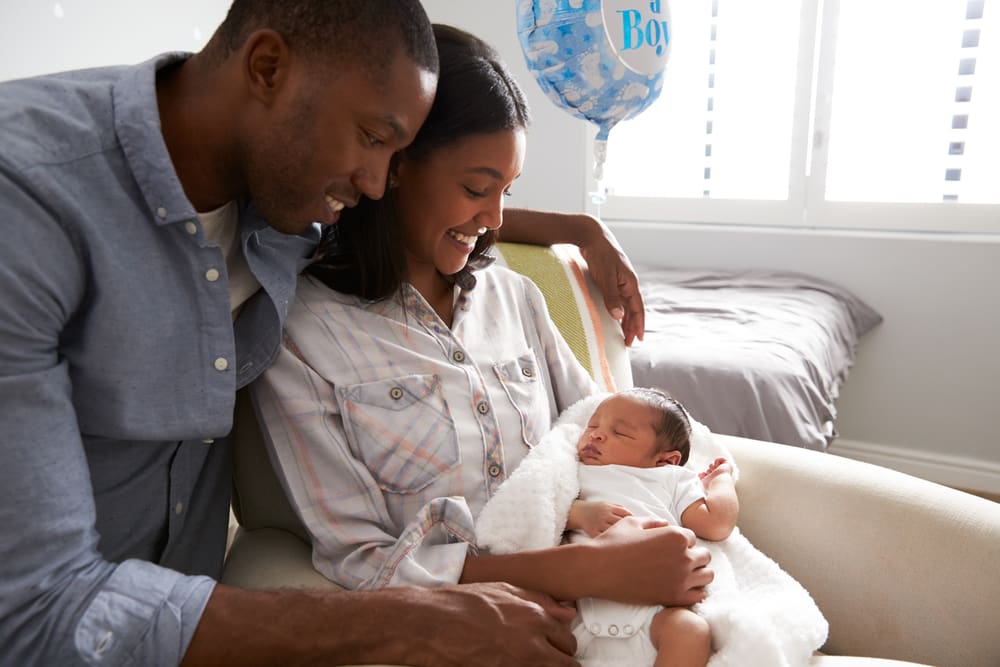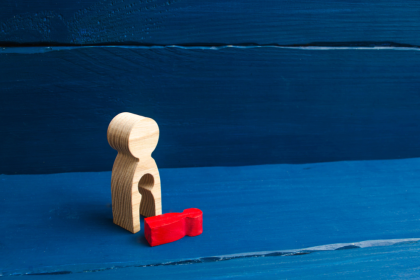Becoming a parent for the first time is an exhilarating experience, filled with moments of joy and excitement. However, it also introduces a new level of responsibility, especially when it comes to ensuring the safety of your new baby. From babyproofing your home to understanding the basics of infant first aid, there are several crucial steps that can significantly reduce risks and make your home a safer place for your little one. In this article, we explore seven essential safety tips that every new parent should know. These tips not only provide a safe environment but also peace of mind in your new journey into parenthood.
1. Babyproofing your home
Babyproofing is the first and most important step in creating a safe environment for your infant. As babies grow and become more mobile, they tend to explore their surroundings, often putting them at risk for accidents. Start by securing furniture that can tip over, covering electrical outlets and installing gates at the top and bottom of staircases. Make sure that all small objects, which could be a choking hazard, are out of reach. Additionally, installing window guards and keeping cords from blinds and curtains out of reach can prevent falls and strangulation.
2. Safe sleeping practices
Ensuring safe sleep environments is critical in preventing accidents and reducing the risk of Sudden Infant Death Syndrome (SIDS). Always place your baby on their back to sleep, on a firm mattress in a crib that meets current safety standards. Keep the crib free of pillows, blankets and toys, which can increase the risk of suffocation. Moreover, maintaining a comfortable room temperature and opting for a baby sleep sack instead of loose blankets can further enhance your baby’s safety during sleep.
3. Car seat safety
A properly installed car seat is vital for your baby’s safety whenever you travel. It’s essential to choose a car seat suitable for your baby’s age, weight and height and to install it according to the manufacturer’s instructions. Always place the car seat in the rear seat of your car, preferably in the middle. It is also beneficial to have your car seat installation checked by a certified child passenger safety technician to ensure that it’s as safe as possible.
4. Supervision around water
Water safety is another crucial area that new parents should not overlook. Never leave your baby unattended in the bath, even for a moment. Always keep your baby within arm’s reach when they are near or in water. If you have a pool, ensure it is securely fenced with gates that lock. Learning CPR and basic rescue techniques can also be life-saving in case of an emergency.
5. Handling and holding your baby
Handling and holding your baby correctly can prevent falls and injuries. Always support your baby’s head and neck when picking them up or carrying them. Avoid placing your baby on elevated surfaces from which they could roll off. When using baby carriers, slings or wraps, ensure that your baby’s face is visible and that their airway is clear to prevent suffocation.
6. Preparing for emergencies
Having a plan in place for potential emergencies is another layer of safety all new parents should consider. This includes installing smoke and carbon monoxide detectors in your home, creating an escape plan in case of fire and keeping a list of emergency contact numbers readily available. Additionally, assembling a first aid kit and learning how to use the contents can equip you to handle minor injuries or more serious situations until professional help arrives.
7. Regular pediatric visits and vaccinations
Regular visits to a pediatrician are vital for monitoring your baby’s health and development. These visits are also an opportunity to discuss any concerns you may have about your baby’s safety at home. Additionally, staying up to date with vaccinations can protect your baby from various preventable diseases and ensure they grow up healthy and strong.
Keeping your baby safe
While the journey of parenting is filled with many firsts and learning opportunities, ensuring your baby’s safety is paramount. By implementing these seven safety tips, new parents can create a nurturing environment that is both safe and conducive to their baby’s development. Remember, the goal is not just to protect but also to provide a foundation for healthy growth and exploration. With these practices in place, you can enjoy the precious moments of parenthood with greater confidence and peace of mind.
This story was created using AI technology.

















